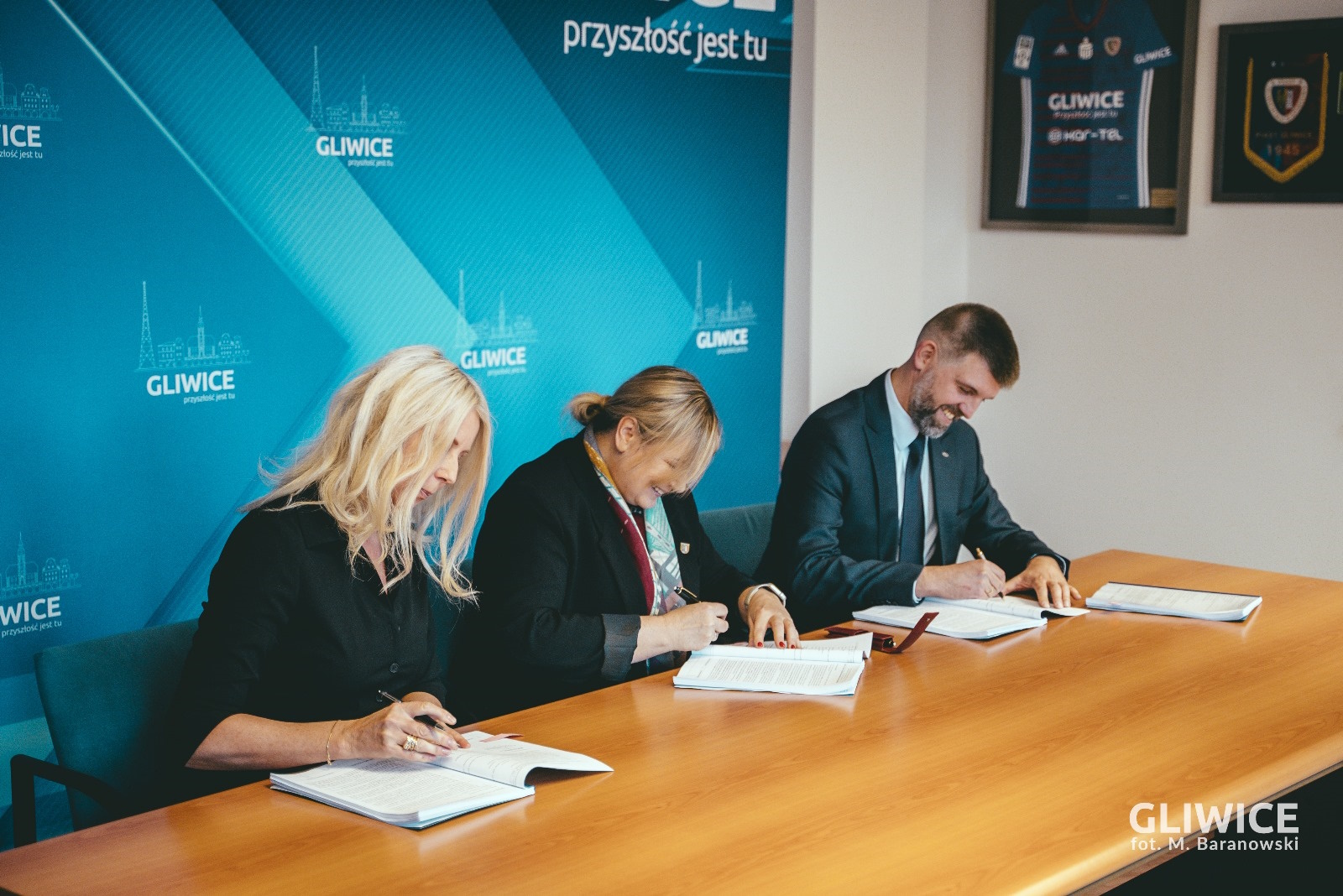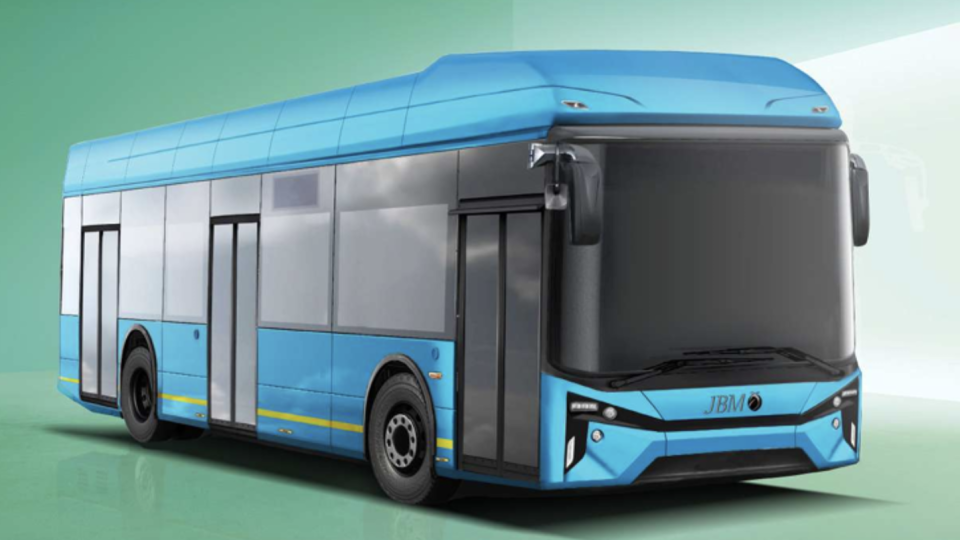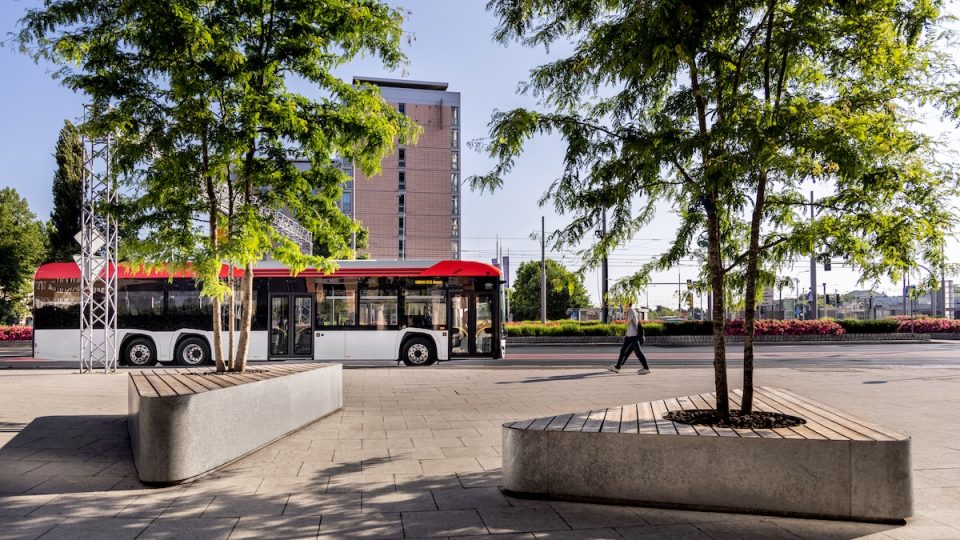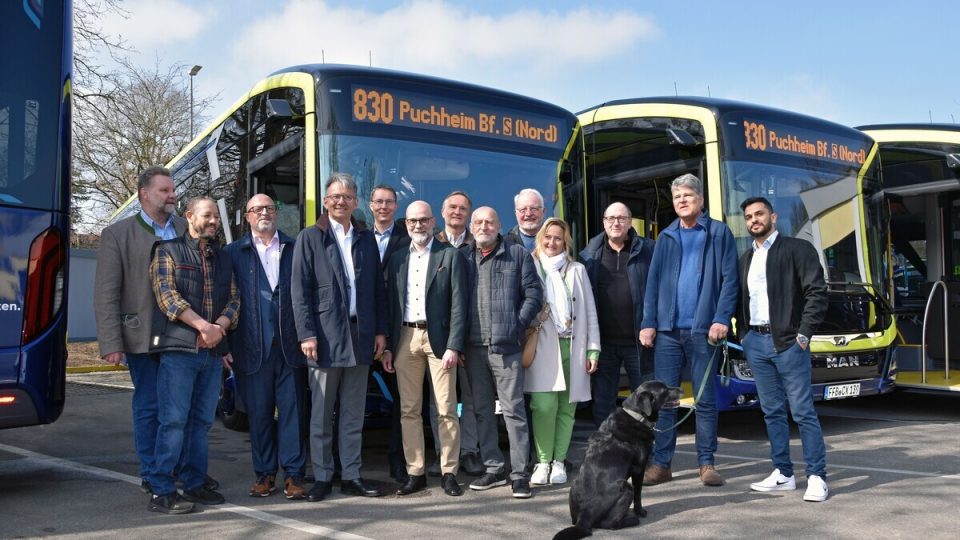5 fuel cell buses and 10 BEV: Solaris wins two tenders in Poland
Solaris has been recently awarded two zero emission bus tenders in the domestic market. 5 articulated hydrogen buses will be supplied in Konin with deliveries to be completed by 2026. 10 battery-electric Urbino will also be deployed in Gliwice by PKM starting November 2025. Articulated fuel cell buses for Konin MZK Konin procured the first 18-meter Solaris hydrogen […]
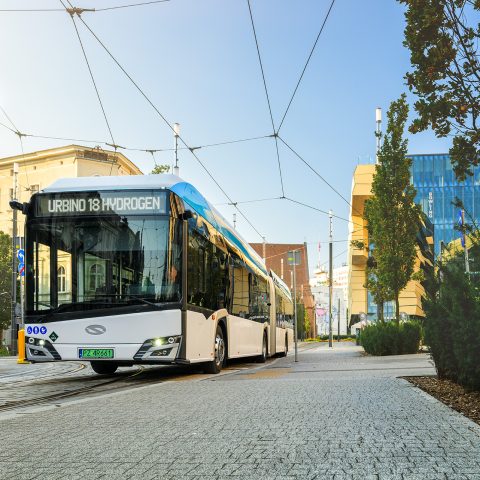
Solaris has been recently awarded two zero emission bus tenders in the domestic market. 5 articulated hydrogen buses will be supplied in Konin with deliveries to be completed by 2026. 10 battery-electric Urbino will also be deployed in Gliwice by PKM starting November 2025.
Articulated fuel cell buses for Konin
MZK Konin procured the first 18-meter Solaris hydrogen buses to be rolled out in Poland. In 2022, Solaris provided the operator with an Urbino 12 hydrogen model, which was the first hydrogen bus used in public transport in Poland. Also battery-electric vehicles by the same OEM are running in the city.
The Solaris Urbino 18 hydrogen bus has recently received the Bus of the Year 2025 title, awarded by an international jury following several days of testing. The winning model has already been put into service in several European cities, including Cologne, Aschaffenburg and Barcelona. This contract marks the debut of the Solaris articulated hydrogen bus in Poland.
The 18-metre Solaris buses ordered by MZK in Konin will feature advanced hydrogen system, including a 100 kW hydrogen fuel cell and eight composite tanks, storing approximately 50 kg of hydrogen at a pressure of 350 bar. In addition, the vehicles will be equipped with Solaris High Power batteries to support the fuel cell at times of peak electricity demand. Powering the Urbino electric drive system is a 240 kW traction motor.
The purchase of hydrogen buses by MZK Konin is part of a larger regional project for low-emission public transport. Funded 90% by the National Fund for Environmental Protection and Water Management (NFOŚiGW), the project includes a new bus depot, a transfer hub at the railway station, and an expanded intelligent traffic management system for the city, Solaris states.
Battery-electric Urbino headed to Gliwice
The e-buses chosen by Gliwice bus operator are seven articulated Urbino 18 electric buses and three 12-meter Urbino 12 electric buses. Eight electric vehicles are already in operation within the city’s public transport network, out of 170 Solaris buses delivered in the city since 2005.
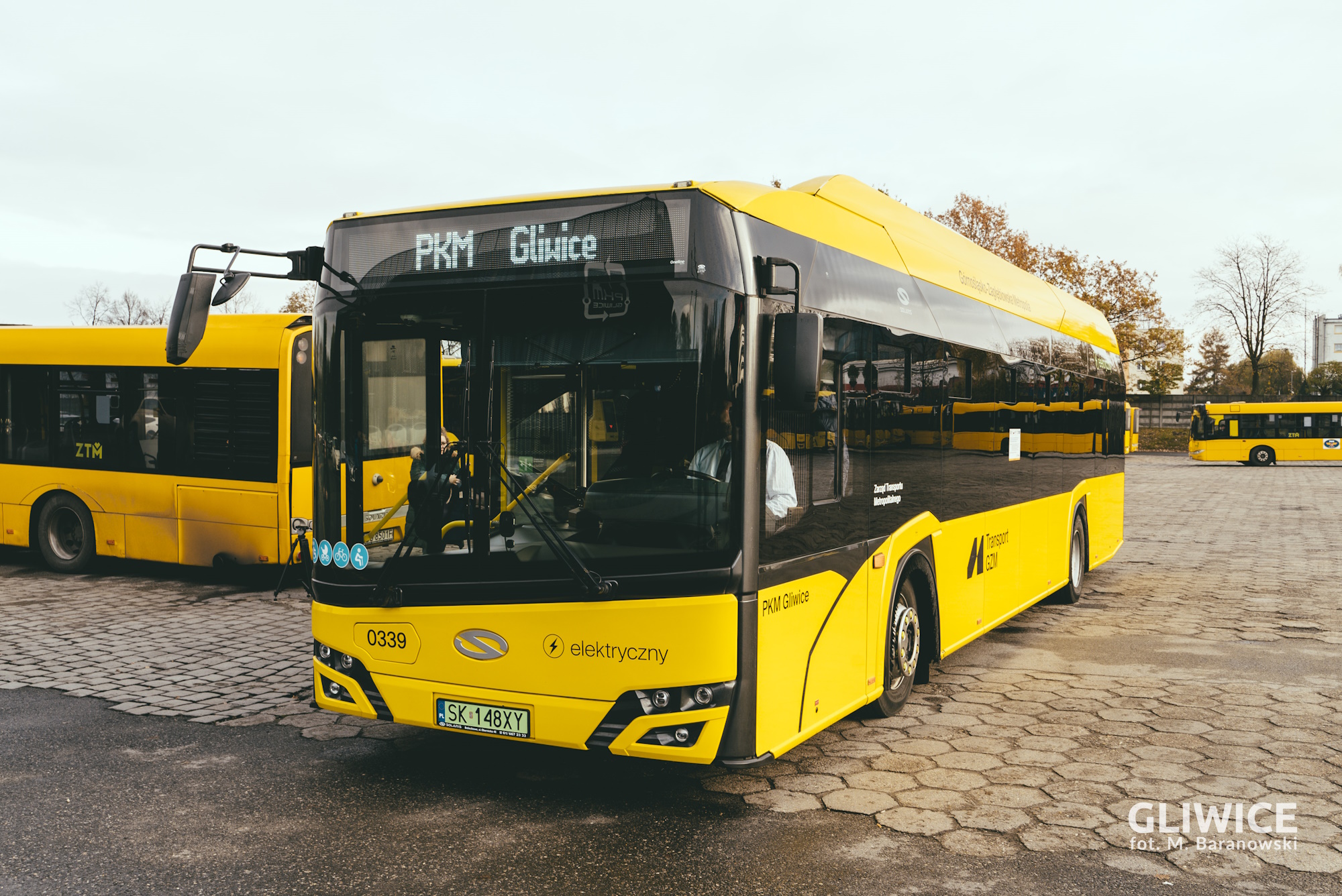
The Urbino electric buses in both lengths feature High Energy batteries, with capacities of 400 kWh for the shorter version and 700 kWh for the articulated model. The vehicles will feature infrastructure for fast charging via an inverted pantograph. This device, mounted on charging stations, lowers onto the bus to recharge. Such charging stations will be installed at transport hubs in the city.
The buses will include blind-spot and front-area monitoring devices. Additionally, each bus will feature digital monitoring and an alcolock.
